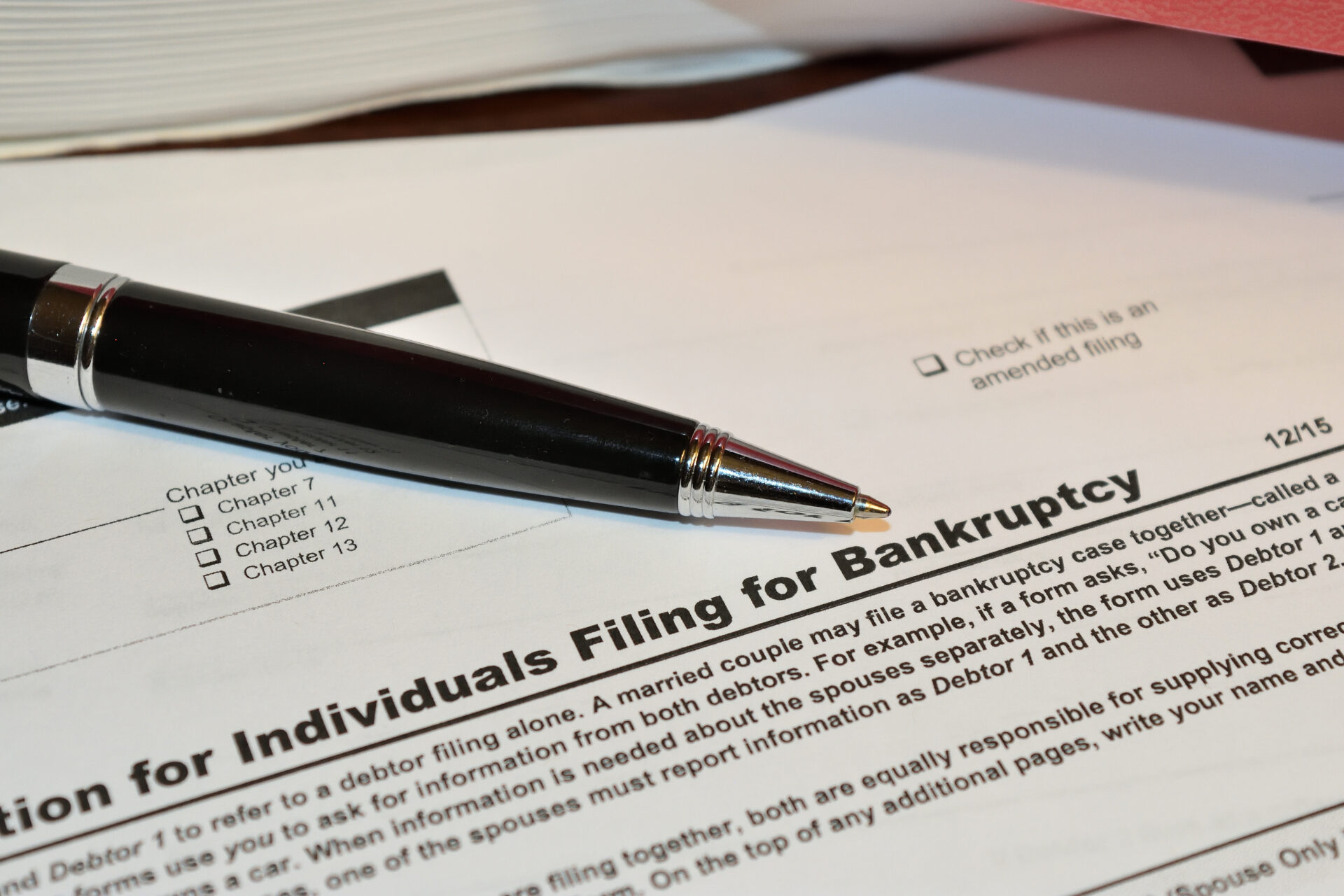Ask for a Free Consultation Today!

Is Debt Making it Difficult to Pay Your Bills?
Chapter 13 bankruptcy allows individuals to resolve their debts and cure defaults through a payment plan that is administered by a bankruptcy trustee. Chapter 13 bankruptcy is available to individuals with regular income as an alternative to Chapter 7 bankruptcy.SImilar to CHapter 7, Chapter 13 provides protection from foreclosure, lawsuits, wage garnishments and other collection actions. Unlike in Chapter 7, people who file Chapter 13 Bankruptcy remain in control over all of their assets and there is no liquidation of property.
Chapter 13 is commonly used by homeowners who have fallen behind on mortgage payments and may be in danger of foreclosure. Many people who fall behind on their mortgage payments simply need an opportunity to catch up. Unfortunately, once mortgage payments are more than 90 days past due, the bank will refuse to accept payments unless you pay the full past due amount,leaving people who are already struggling without any effective option to get caught up. In a Chapter 13 bankruptcy, the homeowner can propose to make up missed mortgage payments over a period of 36-60 months. A bank or mortgage company cannot refuse to accept payments from a homeowner while they are in Chapter 13 and cannot reject the plan provided it proposes to pay the full past due amount.
Chapter 13 is also an alternative option for people dealing with unsustainable credit card debts but whose income is too high to qualify for Chapter 7. This happens frequently here in Massachusetts where incomes, and cost of living, are higher than the national average. In those situations, a 60 month payment plan is determined based on a person’s household size, income and reasonable living expenses. After the 60 month plan is completed, any unpaid debt is discharged. Chapter 13 is also an effective method of dealing with tax debts as it provides protections from government creditors such as the Internal Revenue Service, Massachusetts Department and other taxing authorities, and can limit, or in some cases, eliminate tax penalties. Similar to Chapter 7, Chapter 13 offers protection from creditor harassment, lawsuits, wage garnishments and levies.
If you have fallen behind on mortgage payments, are struggling to keep up with credit card payments, or owe money to taxing authorities, call us today for a free consultation to learn about how Chapter 13 bankruptcy can help you take control of your debts and get on the path to a fresh start.